Health
In addition to supporting policymakers in applying evidence from randomized evaluations to their work, sector chairs and staff write policy insights that synthesize general lessons emerging from the research, condense results from evaluations in policy publications and evaluation summaries, and disseminate lessons to policymakers through targeted outreach. The sector also hosts initiatives such as the US Health Care Delivery Initiative to fund new research.
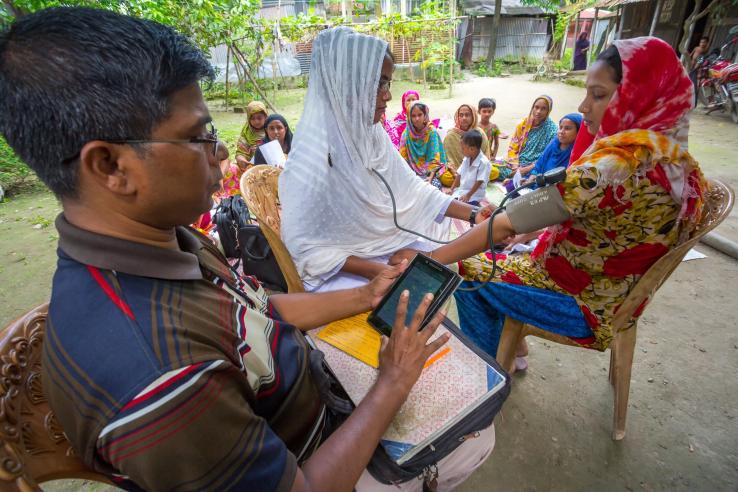
Blog
AI for social good: Making AI work for health systems
AI has the potential to improve access to and quality of health care. However, evidence on the real-world impacts of AI solutions on providers and patients is scarce. Closing these evidence gaps is key to ensuring policymakers can responsibly scale AI that supports healthcare workers and patients.
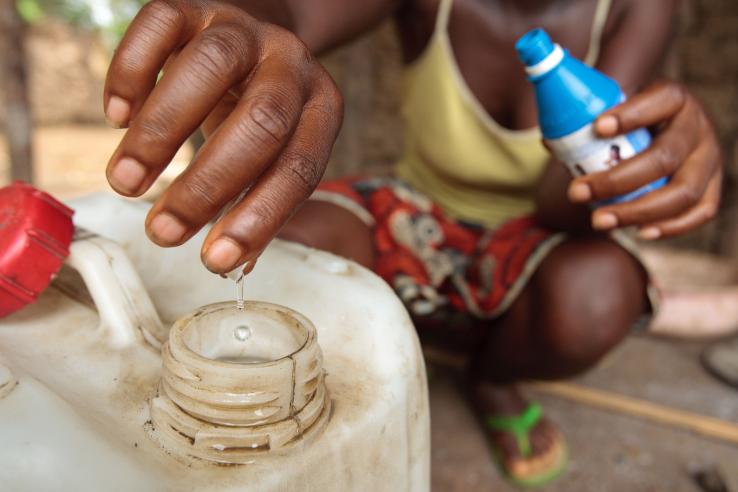
Blog
Scaling safe water access: J-PAL Africa's new Portfolio
J-PAL Africa has launched a new policy portfolio, Scaling Access to Safe Water in Africa (SASWA), designed to support governments in integrating and scaling water treatment programs.
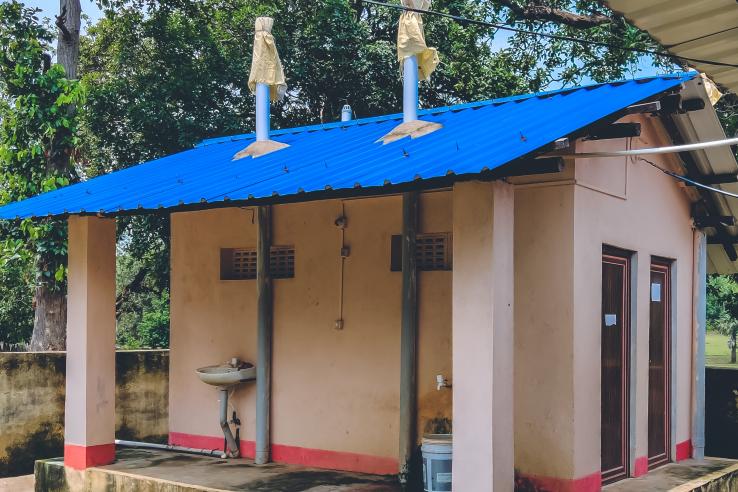
Policy insight
Improving sanitation access with subsidies, loans, and community-led programs
Programs involving community behavior-change campaigns and subsidies to boost toilet construction can improve people’s access to and use of improved sanitation facilities. However, evidence on the downstream health impacts of common sanitation programs in low- and middle-income countries has been...
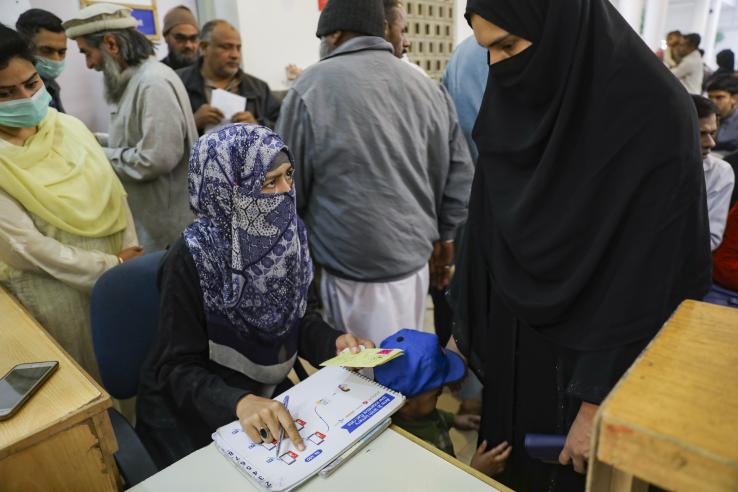
Case study
Mobile conditional cash transfers to improve routine childhood immunization
The Health Department of the government of Sindh, Pakistan used rigorous evidence from a randomized evaluation to support the scale-up of an incentive program to increase routine childhood immunization coverage and timeliness.
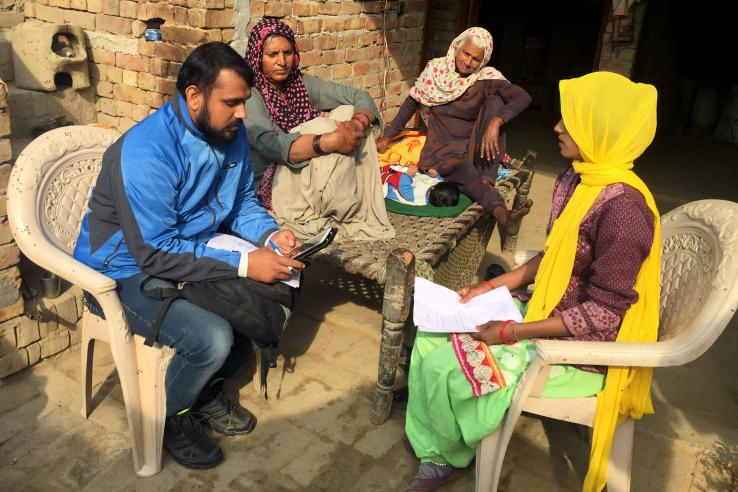
Project
Using Social Networks, Incentives, and Reminders to Boost Vaccine Demand
A package of interventions combining well-connected local immunization ambassadors, targeted reminders, and incentives to caregivers increased measles vaccination by approximately 55 percent in an at-scale study in Haryana, India. A version using only reminders and ambassadors was less expensive per...

Blog
Introducing the Health Care Evaluation Toolkit: Resources for randomized evaluations in health care
J-PAL North America released a new Health Care Evaluation Toolkit that provides guidance and advice for social scientists conducting randomized evaluations of health care delivery interventions, within health systems, or using health care data, leveraging case studies from the United States.

Evaluation
Forgive and Forget: The Impact of Medical Debt Forgiveness on Financial Outcomes in the United States
In this randomized evaluation, researchers evaluated the impact of a medical debt relief program (that buys and relieves a portion of individuals’ medical debt) on measures of mental and physical health, health care utilization, and financial well-being—including financial distress, credit score...
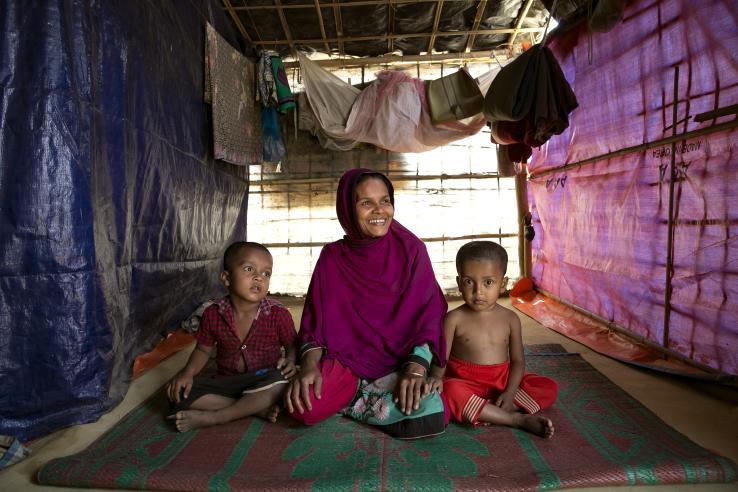
Blog
Improving mental health in low- and middle-income settings: Key findings from rigorous research
Mental health conditions are prevalent worldwide, especially among people living in poverty. In 2017, an estimated 10.7 percent of the global population had at least one mental health disorder. Meanwhile, access to services remains low even for those who seek care. Evidence on how to close this...




